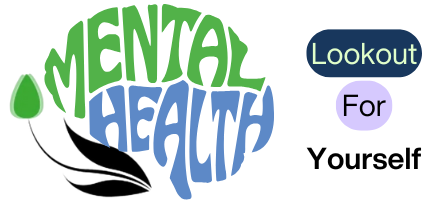Is social media the cause of boredom? Response from a psychologist
You have thousands of videos at your fingertips, endless news feeds, binge-watching series, and yet a feeling of emptiness persists. How is it possible to be bored when entertainment is everywhere?
According to recent studiesboredom is on the rise globally, despite the explosion of digital media. Could social networks, supposed to connect and entertain us, be responsible for this growing unease? Psychologist Eva Krockow points out several mechanisms that explain this paradox in an article for Psychology Today.
Constant distraction prevents engagement
Online platforms constantly demand our attention with notifications, short videos and ephemeral content.
This information overload prevents us from fully immersing ourselves in an activity. By switching from one content to another, we lose the ability to concentrate and find meaning, which fuels the feeling of boredom.
Escalating expectations
Accustomed to ever more sensational content, we develop a tolerance that pushes us to seek even stronger stimuli.
Simple pleasures seem bland in comparison, and once-satisfying activities no longer fulfill us. This incessant quest for novelty ends up exhausting us and reinforcing boredom.
A lack of meaning and coherence
Social networks bombard us with disparate information, without a common thread. This fragmentation makes it difficult to construct a coherent vision of the world.
Without context or depth, the content consumed leaves an impression of emptiness. We have difficulty extracting personal meaning, which increases the feeling of dissatisfaction.
Option Overload Leads to Paralysis
Faced with an infinite number of choices, deciding becomes a real challenge. The fear of missing out on something better prevents us from fully engaging in an activity.
This phenomenon, known as the “paradox of choice,” can cause anxiety and boredom because no option seems truly satisfying.
Finding meaning to combat boredom
To escape this vicious circle, it is essential to restore meaning to our activities. Rather than seeking to fill every moment with digital entertainment, it is beneficial to engage in actions that bring us satisfaction and fulfillment. This can be through creative hobbies, enriching reading, or quality social interactions.
Limiting the time spent on social media and prioritizing quality over quantity can also help reduce feelings of boredom. By reconnecting with ourselves and what we are truly passionate about, we can find balance and improve our mental well-being.

